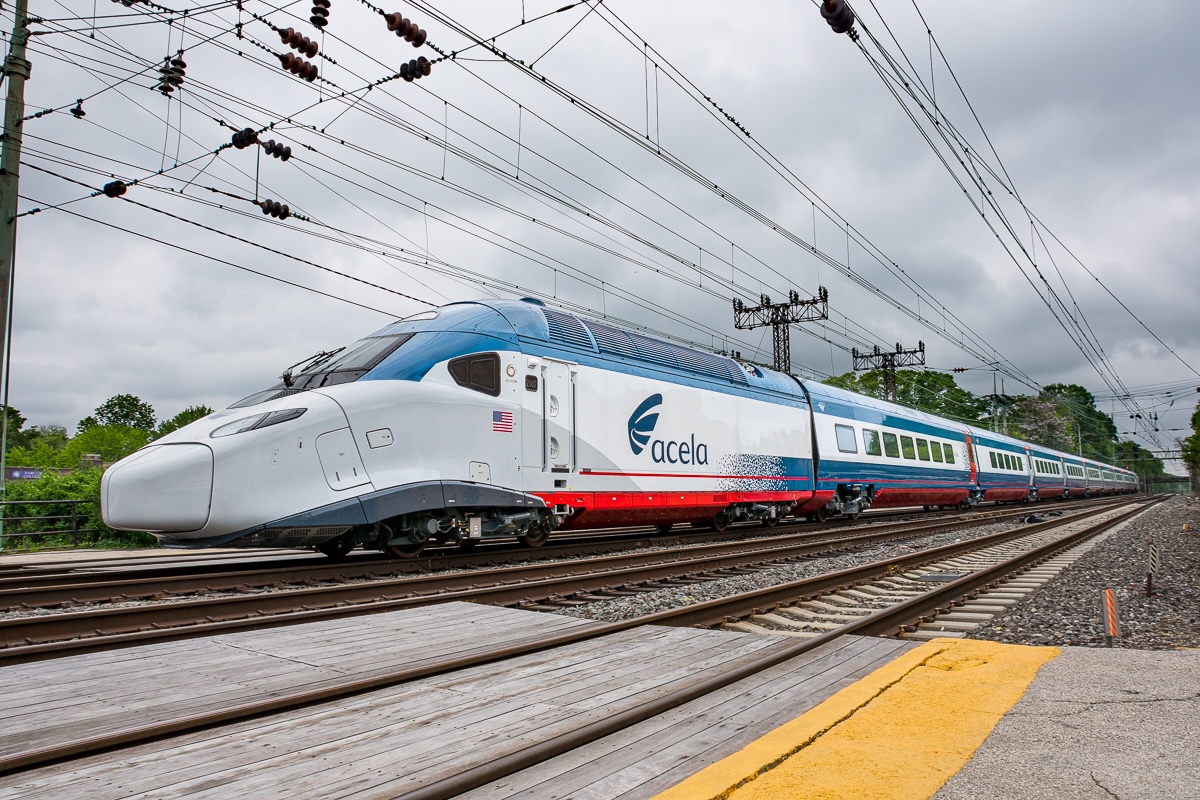
WASHINGTON — Amtrak announced today that the first five Next Generation Acela trainsets will begin operating over its Boston-Washington Northeast Corridor on Thursday, Aug. 28.
Information regarding which departures will be new Acelas and when they can be booked was not initially revealed.
“As the official launch date approaches, customers should look for more information from Amtrak about how to locate and select the NextGen Acela train options,” Amtrak spokesman Jason Abrams says. “In the coming months, Amtrak will be operating both the current Acela equipment and the NextGen Acela trains as the new trains transition into the fleet.”
In an employee advisory, Amtrak President Roger Harris noted that the first five train sets will be joined by an additional 23 sets through 2027.
“From a business perspective, we often talk about the urgent need to drive ridership and revenue. This is especially true in the Northeast Corridor, which is our one service line that generates a profit,” Harris wrote. “Our NextGen Acela is going to be a big driver for this growth. The new fleet is going to give us more trains, more service, and 27% more seats per departure. This is truly big for us.”
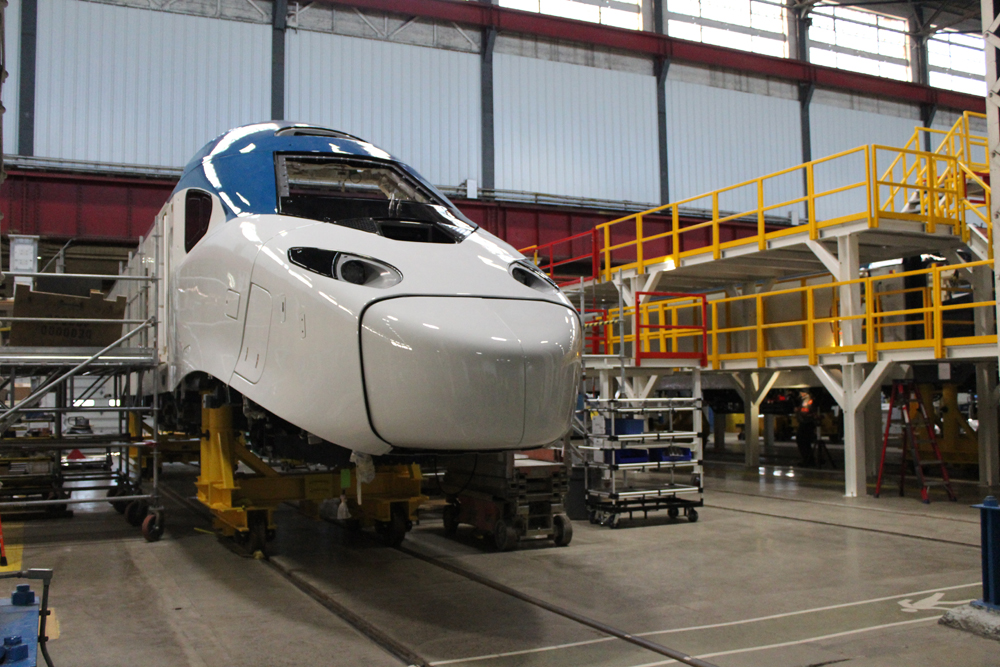
Amtrak signed a contract with Alstom to build the new fleet in 2016. Trains visited Alstom’s Hornell, N.Y., facility in June 2019, while the first trainsets were under construction.
Testing at the MxV Rail’s Pueblo, Colo., test track was followed by what has become more than four years of Northeast Corridor testing to confirm that the trainsets will meet contractual performance specifications.
Most recently, test trains have been operating several times per week as No. 887 westbound to Washington and No. 888 eastbound to Boston.
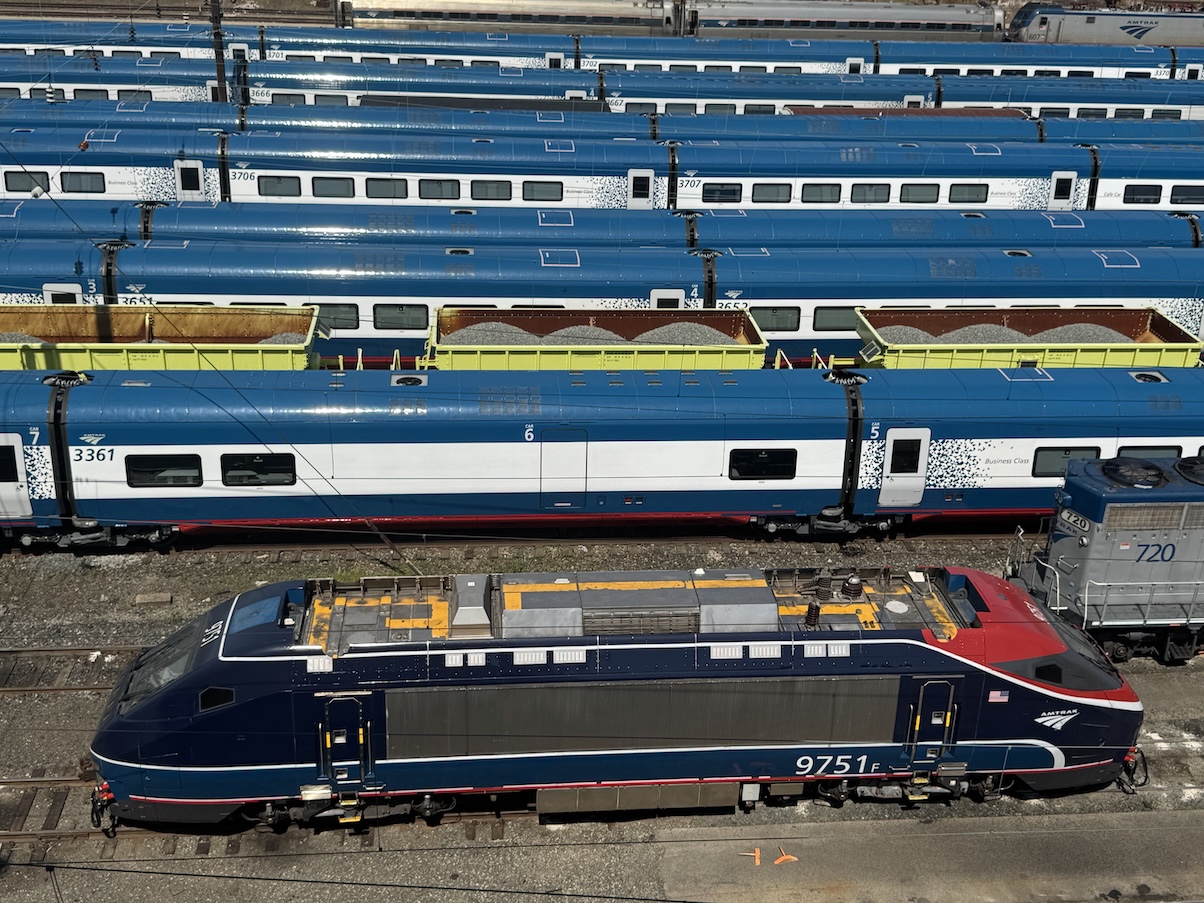
“To date, Alstom and Amtrak have successfully conducted more than 1,000 test runs, clocked over 225,000 miles of testing on the Northeast Corridor, and initiated training for more than 3,000 Amtrak personnel to operate, service, and maintain the new trains,” Abrams says.
But neither Amtrak nor Alstom have explained what issues needed to be addressed or what modifications have been made as a result of the tests.






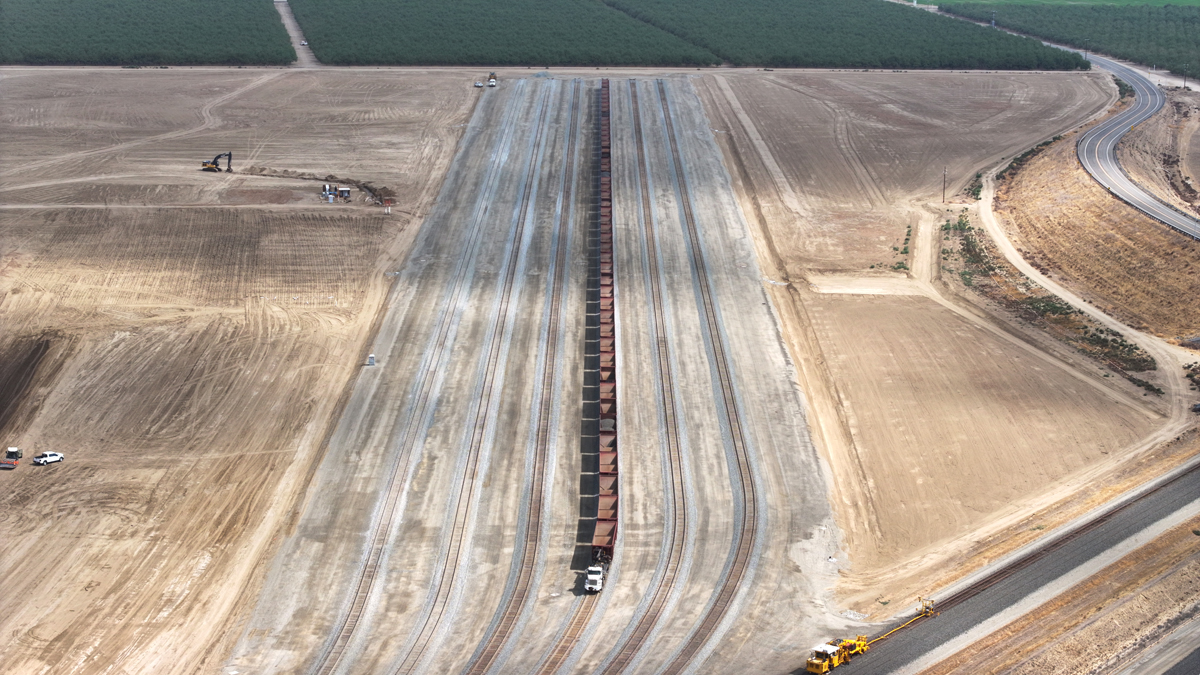
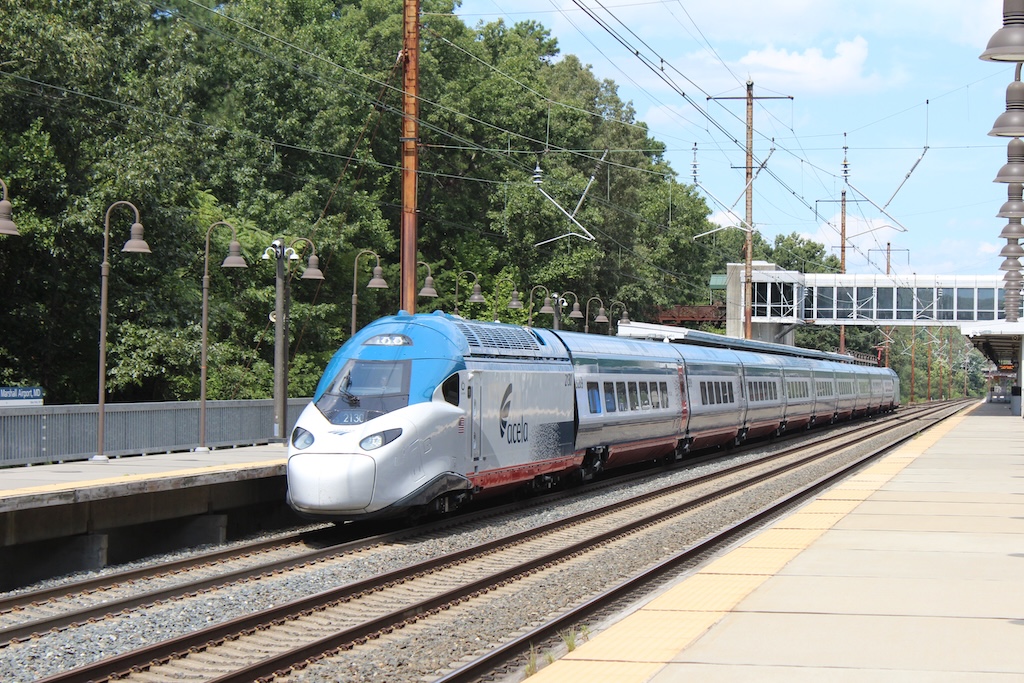
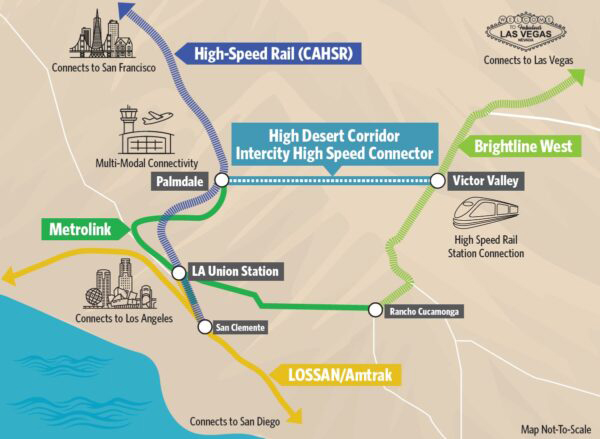
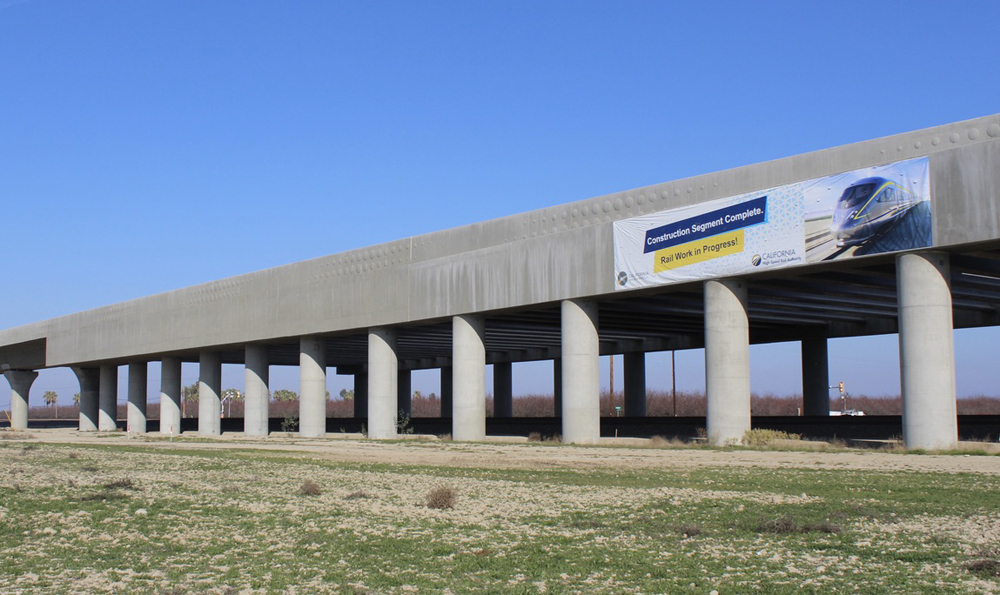




Current top speed for NE Regionals is 125 mph. Rode Wed. NYPenn to DC. Very rough track. Slow orders a plenty.
I’ll believe it when I see it race thru Attleboro’ at 150, That’s 220 feet a second and something to see on the ground or riding doing a mile in 24 seconds.
Now what day of the week is the 28th? A Thursday I think.
How many areas of the corridor allow the Acela to reach its maximum speed?
It seems to me that this trainset is best suited for the corridor out of Penn Station.
The “Shoreline” is not conducive to its purpose.
William: I don’t know if your question is rhetorical or if you’re looking for info.
That I know of there are three fast segments:
(1) From south of the Sharon curve, Foxboro(ugh), Mansfield into Attleboro.
(2) Southern Rhode Island.
(3) Central New Jersey, say New Brunswick to Trenton.
I don’t know how fast through Maryland.
Amtrak manangemet still will not get it right, same old story will it work.
Once again Amtrak continues the big lie that the NEC turns a profit.
As to Mr. Andre’s comment regarding NE regional average speeds, The 20th Century Limited, trains 25/26 averaged 60.7 miles per hour on its 960.7 trip from NY to Chicago. And it mostly ran on time!
The old Acela train sets’ amazing hybrid K5LA horn sounds will be surely and sorely missed…
Dr. Güntürk Üstün
Railway Age’s Editor in Chief Bill Vantuono has posted an article that gives some more insight into the endless delays. RA usually permits a few free news reads each month. This can be viewed at https://www.railwayage.com/passenger/high-performance/amtrak-acela-nexgen-finally/?RAchannel=high-performance
Thanks for the link… It was a fine story. I may have to consider Railway Age as the alternative to Trains if FireClown doesn’t start to get its act right with regard to it LONGTIME Trains subscribers who now feel as if they are reading a second rate, low budget magazine, not the sterling high class document many of us used to look forward to seeing in our mail box every month. How soon the forget…
I just got off of a Regional from Boston to NYP. I had a speedometer app running on my phone that showed we got up to 124 miles per hour and operated for long distances at over 100 mph. For the life of me, I can’t see why Amtrak can’t average 63 mph to do the route in 3 hours. Gronk claims it’s 190 miles from Boston to New York. I always thought it was more, like 231, but even that would need to only average 77. I noticed that all of the catenary has been updated and places where new poles are being installed.
It may make more sense to increase speeds in slow problematic areas vs. running at 160 mph in a few very short stretches.
BTW – all trains I have rode were packed to capacity.
I definitely lack knowledge to back up my assumption but I would assume that part of this has to do with all the trains and the various speeds that run on the NEC between Amtrak and commuters/transit agencies and so forth be limiting speeds or least part of what is going on? The complexity of getting a few trains to 160 mph among many not to mention the follow on impacts must be significant.
Also, I would assume a lot of trains were parked, on the sidings and essentially waited for the 20th Century limited to go whizzing by as for most of the premium rail passenger trains of the time.. But would also give credit to a lot more rail w 2, 3 and 4 track mains at the time.
Makes me think of the old M*A*S*H episode where Charles and Klinger get lost taking a shortcut with Charles always saying, “Gotta make time, Gotta make time…” That’s why they run at 160 in some places. To make up for all the other places they have to run at 60…
Happy ending? Not yet since announcements can change. For me, a happy ending will be at least 20 new sets in daily operation with no problems for, say, 60 days, And a significantly faster average speed through Connecticut vs existing sets. (chuckle)
Another milestone in the saga of Amtrak and Alstom… Remember that Alstom won a $2 billion contract with Amtrak in 2016 to build 28 Acela trainsets for Amtrak’s high speed fleet, adding an estimated 400 jobs at Alstom in Hornell. The trains’ supply chain ultimately spanned 180 suppliers across 29 states.
Dr. Güntürk Üstün
Proudly built in Hornell, ready for historic launch… Happy ending after after years of delays.
Dr. Güntürk Üstün